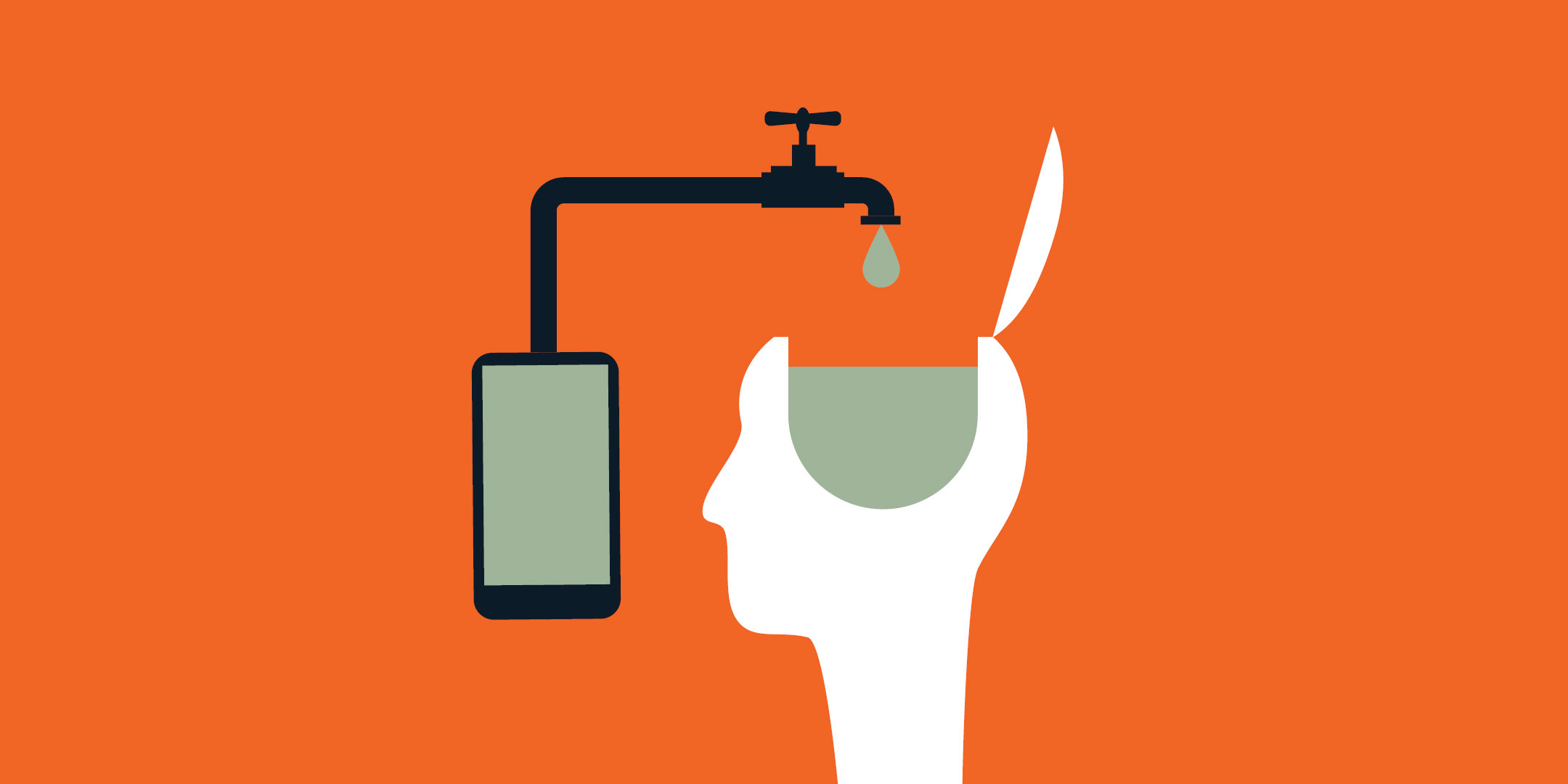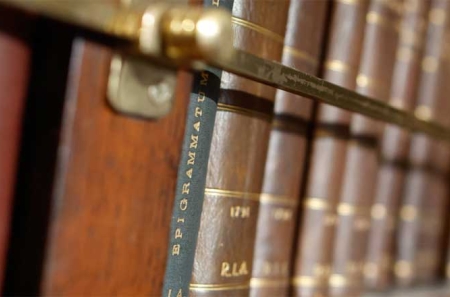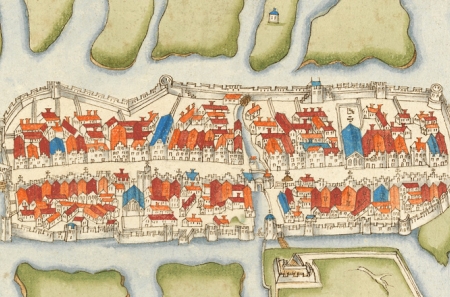'Social media and democracy: How do we balance rights and responsibilities?'
When
Wednesday, May 1, 2019, 18:00Where
Tickets
Panel discussion exploring the challenges and opportunities that digital and social media opens in our society and the growing case, across Europe, for online content regulation and controls.
How do we balance the civil freedom of expression that online provides while protecting the common good? What is the balance of responsibilities of the Internet global companies behind social media platforms like Twitter and Facebook and how well is Ireland facing up to these challenges?
The Panellists
The group of panellists brings together academics and practitioners who will contribute their expertise, insight and academic research to the discussion.
Dr Maria Helen Murphy is a Lecturer in Law at Maynooth University. She researches in the areas of privacy law, information technology law, and human rights. She has recently published a new book, 'Surveillance and the Law: Language, Power and Privacy’ (2019).
Professor Brian O'Neill is Director of Research and Dean of the Graduate Research School at TU Dublin, City Campus. He has published extensively on media literacy, policy making and public interest issues in media and communications, in particular those related to children and youth. He is a member of Ireland's National Advisory Council for Online Safety, the European Commission's Expert Group for Safer Internet initiatives and Council of Europe’s Expert Group on Digital Citizenship Education. He currently chairs the Media Literacy Ireland, a multi stakeholder network promoting literacy across Ireland.
Gavin Sheridan is CEO and co-founder of Vizlegal—a global API and intelligence tool for law. He is the former Director of Innovation at Storyful, the world's first social media news agency. His background is investigative journalism, open source intelligence, Freedom of Information (FOI) law, data journalism and training journalists worldwide in these areas.
Professor Eugenia Siapera is Professor of Information and Communication Studies and Head of the School of Information and Communication Studies, UCD. Her research interests are in the area of digital and social media, political communication and journalism. She has recently completed an IRC-funded project on racist hate speech in the Irish digital sphere and is also working on a project on the digital memory of conflict (RePAST) funded by the European Commission. She has written numerous articles and book chapters, and her most recent book is Understanding New Media (Sage, 2018, second edition). She is currently working on an edited volume on Gender Hate Online (Palgrave, 2019) with Debbie Ging.
The panel discussion will be facilitated by Helen Shaw, CEO Athena Media and member of the RIA's Social Sciences Committee
Abstract:
Ireland lacks a statutory agency responsible for digital and online content and this forum will assist and inform the public policy debate which is only now beginning. Ten years ago, social media platforms like Twitter began disrupting and transforming information and news flows in society. Concepts like ‘citizen journalism’ and social media activism shifted the power paradigm of the gatekeepers of information in both local and global events. A decade later the challenges, as well as the benefits to society, of social media information sharing are more apparent in an era of fake accounts, propaganda ‘fake’news, cyber bullying and hate speech. In an age when everyone can create, anonymously, and share information at speed, the impact of false information or incitement on both democracy and the justice system can be profound. In the US investigations continue into the influence of Russian social media accounts, on its last Presidential election while in Ireland social media comment during court cases in themselves become court cases. In Ireland we have had court cases show how children are sexually stalked and groomed via social media while, in other cases, judges have had to openly address social media comment during trial cases. The shift towards regulation of both social media platforms and content is now well advanced in Europe and in Ireland the Government is exploring its regulatory options and its own significant responsibilities given that many of the social media giants have based their European offices here.
The panel discussion will be audio recorded for playback on our website.
Click here to read our Data Protection Policy and Eventbrite Transparency Statement in relation to handling of your data for booking this event.




